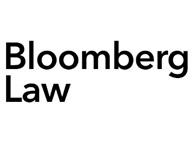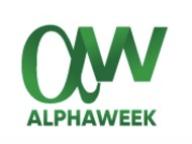Faculty News
—
Professor Scott Galloway offers his perspective in a story examining Tesla CEO Elon Musk's recent behavior during the coronavirus pandemic
—

Excerpt from The Washington Post -- “'As long as Elon Musk continues to produce amazing products and add tens of billions of dollars of shareholder value, he will continue to play by a different set of rules than the rest of us,' said Scott Galloway, a professor at the New York University Stern School of Business and a Musk critic. 'Is it the errant missives of an eccentric billionaire? Or is it dangerous? And the answer is yes and that it is.'”
Faculty News
—

Excerpt from The Washington Post -- “'As long as Elon Musk continues to produce amazing products and add tens of billions of dollars of shareholder value, he will continue to play by a different set of rules than the rest of us,' said Scott Galloway, a professor at the New York University Stern School of Business and a Musk critic. 'Is it the errant missives of an eccentric billionaire? Or is it dangerous? And the answer is yes and that it is.'”



















